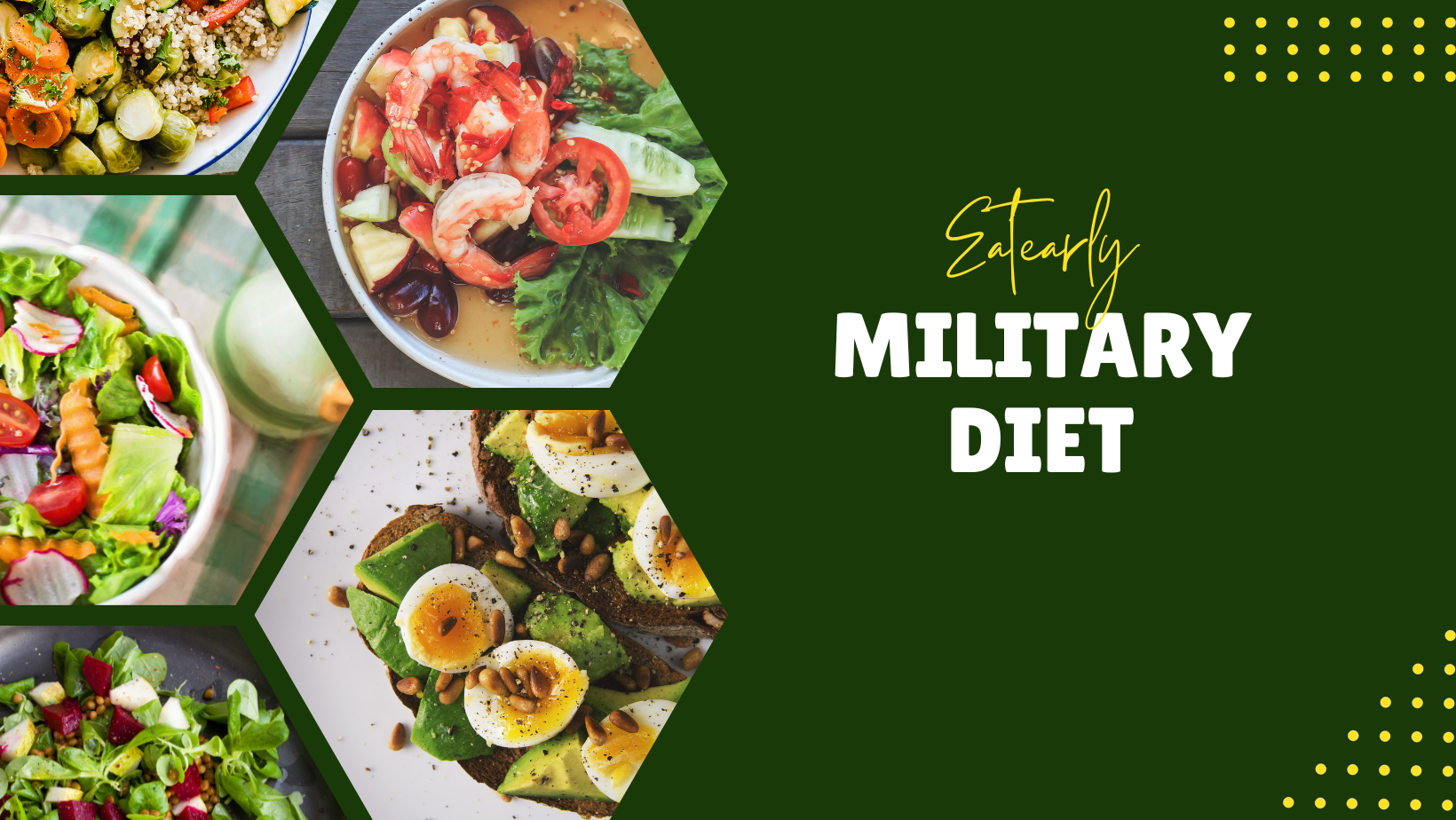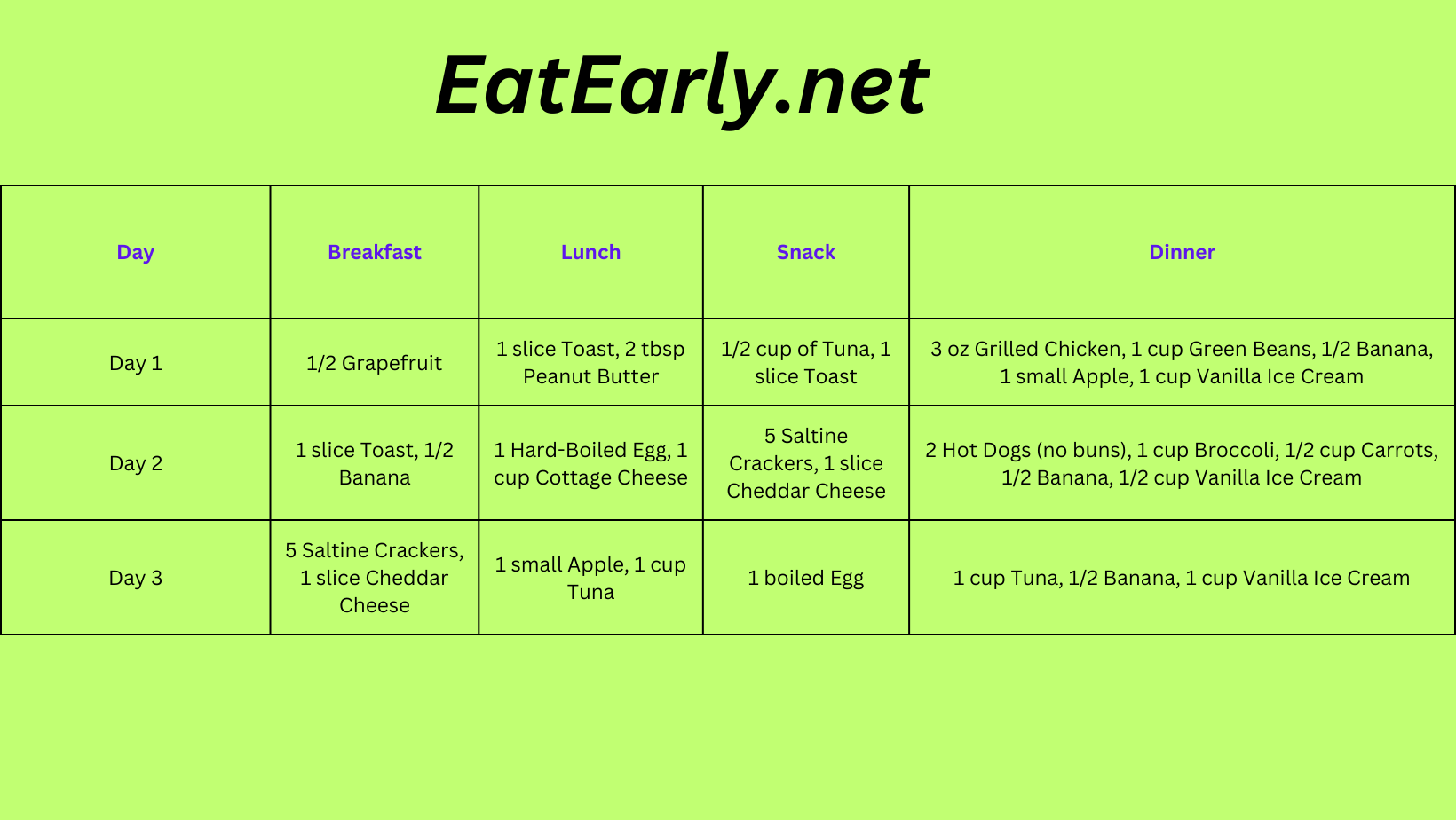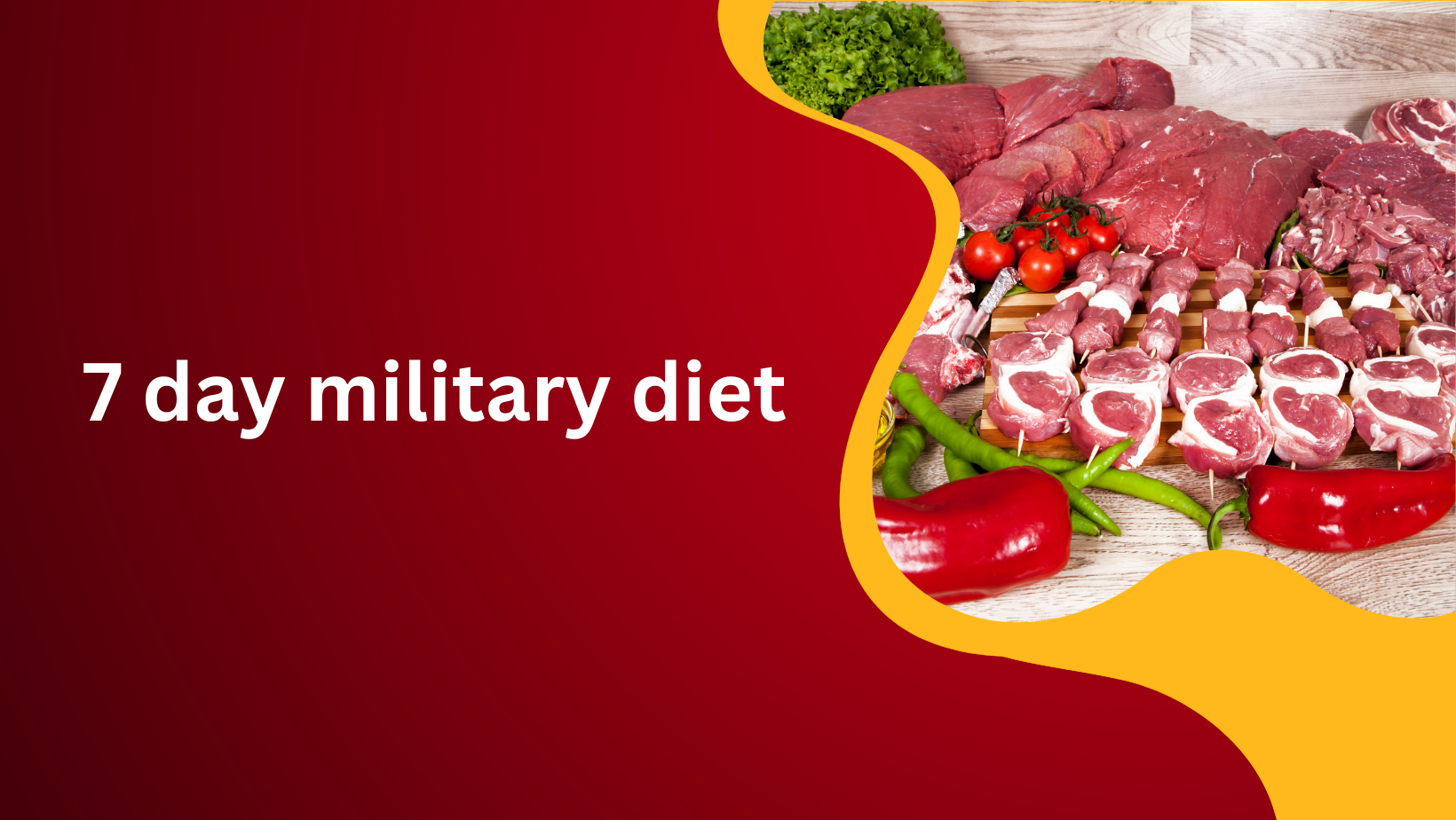Contents
- 1 21 day fatty liver diet plan : Overview
- 2 The Silent Threat: Fatty Liver Disease
- 3 21 day fatty liver diet plan for Fatty Liver
- 4 Complete 21 day fatty liver diet plan Menu
- 5 Fatty Liver and Its Causes
- 6 Lifestyle Changes to Support Your Liver
- 7 The Journey Continues: Long-Term Habits to Keep Your Liver Healthy
- 8 Conclusion: Your Liver Deserves the Best
- 9 Frequently asked questions about 21 Day Fatty Liver Diet Plan
21 day fatty liver diet plan : Overview
Do you want to discover what diet is best for fatty liver?
You’re in the right place! Dive into our 21-Day Fatty Liver Diet guide and transform your health today.
If you’re grappling with a pesky fatty liver, take comfort in knowing you’re not navigating this maze solo. This condition has become quite a global puzzle. But wait for it—here’s the exciting twist—it’s not a dead-end street! Today, we’re diving headfirst into a diet plan that could be your health’s newfound ally: the 21-day fatty liver diet plan. Doesn’t that just send shivers down your spine with anticipation?
Imagine your liver as the often-overlooked hero, silently toiling away as your body’s diligent workhorse. It’s the gatekeeper that sifts through the toxins, crafts those essential enzymes, and keeps your digestion humming. Maintaining its well-being is akin to nurturing the heart of your overall health. Now, you might wonder, what’s the connection between your diet and this liver-loving journey? Well, let’s simplify it—just as you wouldn’t toss second-rate fuel into a high-performance sports car, your body deserves the primo fuel to supercharge your liver.
So, without further ado, let’s plunge deep into the heart of this diet plan. Brace yourself for an extensive list of mouthwatering foods that’ll make these 21 days a delightful gastronomic adventure. Ready to kickstart your journey toward a liver that’s as happy as can be? Well then, let’s fire up the engines!
The Importance of the Liver
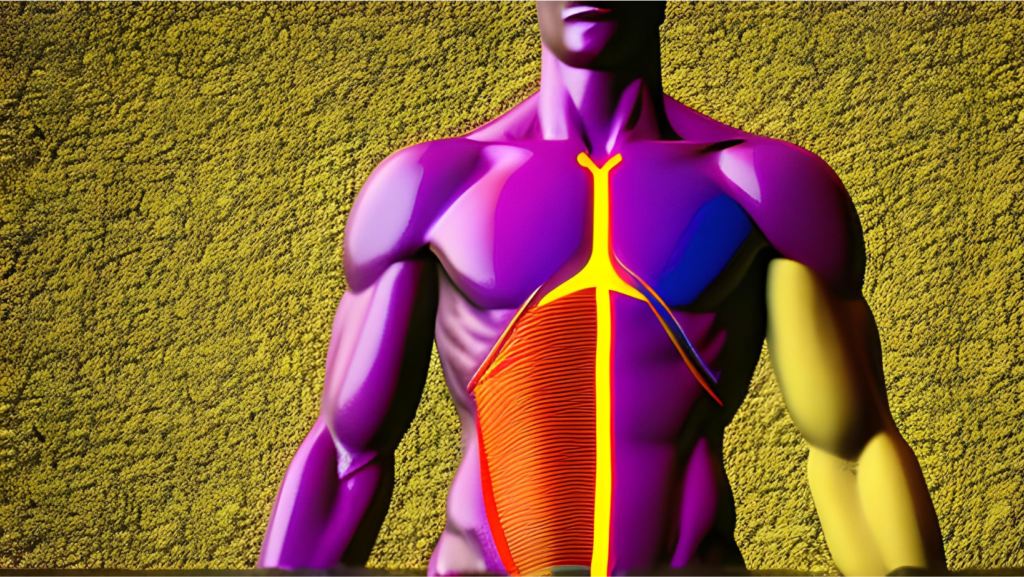
Your liver is undeniably one of the most crucial organs in your body. Why, you ask? Well, it’s responsible for a variety of vital functions that keep your body running smoothly. These include filtering out toxins from your blood, aiding in digestion by producing bile, storing essential nutrients for later use, and much more. It’s fair to say, without a properly functioning liver, your body’s ability to function optimally is compromised.
Your liver, that hardworking engine of your body, is an organ you can’t afford to ignore. It’s the second largest organ and it’s tasked with over 500 vital functions. This includes detoxifying your body, storing vitamins, producing bile, breaking down fat, and much more. Can you imagine your body running smoothly without all these? Probably not, right?
The liver is the body’s largest internal organ and plays a crucial role in maintaining overall health.
– Mayo Clinic Staff
The Importance of a Diet Plan
So, you understand the importance of a healthy liver, but why is this diet plan so crucial? A well-crafted diet plan ensures that your liver receives the necessary nutrients to perform its functions effectively. The goal isn’t to deprive yourself or completely eliminate foods from your diet. Rather, it’s about making wise decisions about what you eat and when you eat it. This 21-day fatty liver diet plan is all about providing your liver with the nutrients it needs to detoxify and function optimally, while also promoting weight loss, which is beneficial for those suffering from fatty liver disease.
A healthy diet is one of the most important factors in preventing and managing fatty liver disease.
– American Liver Foundation
Sample List of Foods to Include in Your 21 Day Fatty Liver Diet Plan
Are you eager to know what foods you can enjoy on this 21-day diet plan? Here’s a glimpse of some liver-friendly foods you should include:
- Leafy Greens: Rich in antioxidants, leafy greens like spinach and kale can help protect your liver from damage.
- Fruits: Berries, grapes, and citrus fruits are packed with antioxidants and vitamins that promote liver health.
- Fatty Fish: Salmon, mackerel, and other fatty fish are high in omega-3 fatty acids, which are beneficial for liver health.
- Nuts and Seeds: These are a great source of healthy fats and fiber, both of which are good for your liver.
- Olive Oil: Its healthy fats can help reduce liver enzyme levels and control weight.
Remember, this is just a sample list. The actual diet plan will include a wider variety of foods, all carefully selected to nourish your liver, promote weight loss, and ensure overall health.
A diet rich in fruits, vegetables, whole grains, and lean protein can help improve liver function and reduce the risk of fatty liver disease.
– Harvard Health Publishing
The Silent Threat: Fatty Liver Disease
Do you realize that fatty liver disease is often referred to as the ‘silent killer’? Why, you may ask? Well, it’s primarily because the symptoms often go unnoticed until the condition has advanced to a dangerous level. It’s a stealthy invader, silently harming your body. But there’s hope—and it lies in the power of diet and lifestyle changes.
Understanding Fatty Liver Disease
Fatty liver disease is a condition characterized by the accumulation of excess fat in your liver cells. While it’s normal to have some fat in your liver, if it accounts for more than 5% of your liver’s weight, you’re dealing with fatty liver disease.
Left unchecked, this disease can lead to serious health complications, including liver inflammation, cirrhosis, and even liver failure. But here’s the good news: by implementing a dedicated diet and lifestyle plan, you can reverse the course of this disease.
disease is a condition where excess fat builds up in the liver cells.
The Role of Nutrition in Fatty Liver Disease
What role does nutrition play in all this, I hear you ask? A very significant one, indeed! Consuming a balanced, nutritious diet not only supports general health but also helps manage and prevent fatty liver disease.
Studies have shown that a diet rich in fruits, vegetables, lean proteins, and healthy fats can help reduce the amount of fat in your liver and improve its function. Conversely, Eating a diet abundant in sugars, processed foods, and unhealthy fats can contribute to the development of fatty liver disease.
21 day fatty liver diet plan for Fatty Liver
The liver plays a pivotal role in our bodies, responsible for the synthesis of proteins, enzyme activation, metabolism of fats, carbohydrates, and proteins, as well as the detoxification of substances. So when it comes to our liver health, we need to take it seriously. And if you’re dealing with a fatty liver, it’s even more crucial to maintain a healthy diet. So, let’s dive into our 21-day meal plan to help rejuvenate your liver!
Note: This meal plan is just a guide. Please consult with your doctor or dietitian before making any changes to your diet.
21-Day Fatty Liver Diet Plan
If you’re suffering from a fatty liver, it’s critical that you follow a healthy diet. Below is a 21-day sample diet plan that can help you manage and improve your condition. Remember, always consult your doctor or dietitian before making any changes to your diet.
Note: This meal plan is just a guide. Please consult with your doctor or dietitian before making any changes to your diet.
Are you ready to take charge of your health and transform your liver’s condition? Here’s a look at a 21-day fatty liver diet plan designed to nourish your liver and help it recover. Remember, this is just a guideline. It’s recommended to adjust the plan based on your specific nutritional needs and preferences.
Processed foods, sugary drinks, and excessive alcohol consumption can all contribute to fatty liver disease.
– Dr. Mark Hyman
The Role of a Diet Plan
Now, you might be wondering, why a diet plan? Well, what you eat directly affects the health of your liver. Consuming too much unhealthy food leads to fat build-up in the liver, a condition known as Non-Alcoholic Fatty Liver Disease (NAFLD). This condition can lead to serious health problems like liver inflammation, cirrhosis, and even liver failure. That’s where a well-balanced diet comes in. A carefully crafted diet plan not only helps to reverse NAFLD but also aids in overall liver health.
Sample List of Food to Eat on a 21 Day Fatty Liver Diet Plan
Embarking on this 21-day journey requires a radical diet change. Here’s a list of liver-friendly foods that should make up the core of your diet:
- Lean proteins such as chicken, turkey, and fish
- Whole grains such as whole wheat bread, oatmeal, and brown rice.
- Fruits and vegetables, especially those rich in antioxidants like berries, oranges, and spinach
- Healthy fats like olive oil, avocados, fatty fish and nuts.
- Dairy products, preferably low-fat or non-fat
Remember, it’s not just about what you eat but also portion control. Overeating, even healthy food, can lead to weight gain and strain your liver.
You don’t need to let fatty liver disease dictate your life. With the right diet and lifestyle changes, you can help rid your body of harmful toxins and promote liver health. Remember, balance is key, and it’s important to incorporate a variety of foods into your diet for maximum benefits.
Complete 21 day fatty liver diet plan Menu
21-Day Diet Plan for Fatty Liver Control:
| Day | Breakfast | Lunch | Snack | Dinner |
|---|---|---|---|---|
| 1 | Oatmeal with berries and nuts | Grilled chicken salad | Carrot sticks with hummus | Baked salmon with steamed broccoli |
| 2 | Greek yogurt with honey and granola | Turkey and vegetable stir-fry | Apple slices with almond butter | Quinoa and roasted vegetables |
| 3 | Whole-grain toast with avocado and eggs | Lentil soup | Greek yogurt with mixed berries | Baked cod with asparagus |
| 4 | Smoothie (spinach, banana, almond milk) | Quinoa and vegetable bowl | Handful of mixed nuts | Grilled turkey with sweet potato |
| 5 | Scrambled eggs with spinach and tomatoes | Brown rice with grilled salmon | Orange slices | Stir-fried tofu with bok choy |
| 6 | Chia seed pudding with sliced fruits | Chicken and vegetable kebabs | Greek yogurt with honey | Grilled shrimp with zucchini noodles |
| 7 | Whole-grain pancakes with fresh berries | Quinoa salad with chickpeas | Sliced cucumber with tzatziki | Baked chicken with green beans |
| 8 | Cottage cheese with pineapple chunks | Turkey and avocado wrap | Carrot sticks with hummus | Grilled fish with mixed vegetables |
| 9 | Smoothie (kale, banana, coconut water) | Lentil and vegetable curry | Handful of almonds | Baked tofu with broccoli |
| 10 | Veggie omelet with whole-grain toast | Grilled chicken salad | Greek yogurt with mixed berries | Baked cod with Brussels sprouts |
| 11 | Greek yogurt with honey and granola | Quinoa and vegetable bowl | Apple slices with almond butter | Stir-fried tempeh with asparagus |
| 12 | Oatmeal with berries and nuts | Brown rice with grilled salmon | Carrot sticks with hummus | Baked chicken with sweet potato |
| 13 | Scrambled eggs with spinach and tomatoes | Lentil soup | Handful of mixed nuts | Grilled shrimp with cauliflower rice |
| 14 | Chia seed pudding with sliced fruits | Turkey and vegetable stir-fry | Greek yogurt with honey | Baked salmon with green beans |
| 15 | Whole-grain pancakes with fresh berries | Chicken and vegetable kebabs | Sliced cucumber with tzatziki | Stir-fried tofu with bok choy |
| 16 | Cottage cheese with pineapple chunks | Quinoa salad with chickpeas | Orange slices | Grilled fish with zucchini noodles |
| 17 | Smoothie (spinach, banana, almond milk) | Baked cod with Brussels sprouts | Handful of almonds | Baked tofu with mixed vegetables |
| 18 | Veggie omelet with whole-grain toast | Grilled chicken salad | Carrot sticks with hummus | Quinoa and roasted vegetables |
| 19 | Greek yogurt with honey and granola | Lentil and vegetable curry | Apple slices with almond butter | Grilled turkey with steamed broccoli |
| 20 | Oatmeal with berries and nuts | Brown rice with grilled salmon | Handful of mixed nuts | Baked chicken with asparagus |
| 21 | Scrambled eggs with spinach and tomatoes | Turkey and avocado wrap | Greek yogurt with mixed berries | Grilled shrimp with sweet potato |
Notes:
- Make sure to drink plenty of water throughout the day.
- Include a variety of fruits, vegetables, lean proteins, and whole grains in your meals.
- Minimize added sugars, processed foods, and high-fat items.
- Portion control is crucial; don’t overeat even if the food is healthy.
- Try to spread your meals into smaller, more frequent portions throughout the day.
Keep in mind that this is merely a sample plan. Don’t hesitate to tailor it to your liking and dietary requirements. Collaborating with a healthcare professional or a registered dietitian is advisable when designing a personalized diet plan that aligns with your specific needs and health objectives.
Fatty Liver and Its Causes
Let’s dive into some essential information, alright? What exactly is a fatty liver, and more importantly, what causes it? Understanding these fundamental aspects can be the key to managing and reversing the condition.
Fatty liver, also known as steatosis, is a term that describes the buildup of fat in your liver. While it’s normal to have some fat in this organ, if more than 5% of it is fat, then you’re said to have fatty liver disease. Not a pleasant thing to hear, is it? But don’t worry. There’s a lot you can do to combat this, and that’s precisely why you’re here!
But let’s first understand the causes.
Causes of Fatty Liver
So, what leads to the excessive accumulation of fat in the liver? The causes are manifold, and they often intertwine:
- Overconsumption of alcohol: Yes, you probably saw this coming. Alcohol plays a significant role in the development of fatty liver. It can induce harm and inflammation that, with time, may progress to scarring and cirrhosis.
- Overweight: Being overweight can lead to fatty liver, as excess body fat can result in insulin resistance, which eventually leads to increased fat storage in the liver.
- Insulin resistance and type 2 diabetes: When your body becomes resistant to insulin, your liver can’t properly process fat and sugar. Consequently, fat builds up, leading to a fatty liver.
- High cholesterol and high triglycerides: High levels of these blood fats can increase your risk of fatty liver.
- Metabolic syndrome: This is a cluster of conditions, including high blood pressure, high blood sugar, excess belly fat, and abnormal cholesterol levels, that occur together and increase your risk of fatty liver.
Indeed, various factors can contribute to the development of a fatty liver. But remember — despite these myriad causes, you have the power to control many of them through a good diet and exercise. So, are you ready to embark on this journey towards better liver health?
Lifestyle Changes to Support Your Liver
Now that we’ve established the importance of your liver and the role of a balanced diet in supporting its health, let’s dive a bit deeper. What are some lifestyle changes you can implement to bolster the effects of your 21-day fatty liver diet plan? It’s not all about the food you eat, after all. Lifestyle plays a vital role too.
Exercise Regularly

Let’s start with an obvious one: exercise. Regular physical activity can help you maintain a healthy weight, which is crucial in preventing fatty liver disease. But, what kind of exercise should you be doing, and how often? It’s generally recommended to aim for at least 30 minutes of moderate exercise most days of the week. This could include activities like brisk walking, cycling, or even gardening. Keep in mind that you don’t need to run a marathon to enjoy the advantages of exercise.
Limit Alcohol Intake
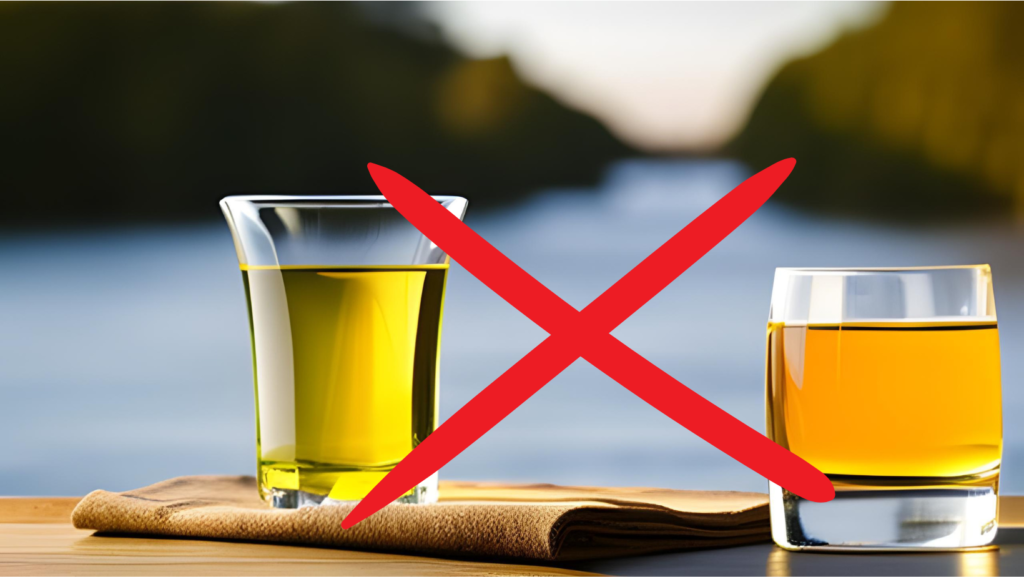
Now, here’s a tough one for some people: alcohol. Excessive alcohol consumption poses a substantial risk factor for liver disease. The key is not to entirely eliminate all alcohol but to prioritize moderation. Learning to enjoy a glass of wine or a beer every once in a while, rather than daily, can significantly reduce your risk.
Alcohol should be avoided on a fatty liver diet plan.
Sleep Well
Bet you didn’t see this one coming! Quality sleep is crucial for overall health, including liver function. When we sleep, our body goes into repair mode, and that includes the liver. Strive for consistent, uninterrupted sleep each night. If you struggle with this, it might be worth exploring methods to improve your sleep hygiene.
Stay Hydrated
Inadequate hydration can lead to a slew of health issues, including a sluggish liver. Drinking plenty of water helps your liver function efficiently and flush out toxins. What’s “plenty of water”? A good rule of thumb is to listen to your body and drink when thirsty. Carrying a water bottle with you can also remind you to hydrate regularly.
Implementing these lifestyle changes alongside your 21-day fatty liver diet plan can boost your liver health and enhance your overall wellbeing. It might seem daunting at first, but remember: small steps can lead to big changes. Ready to take the next step toward healthier living?
The Journey Continues: Long-Term Habits to Keep Your Liver Healthy
Let’s face it – maintaining a healthy liver isn’t a quick fix, it’s a lifelong journey! The good news? It’s totally doable and the rewards are enormous. So, are you ready to take the plunge into long-term habits that promote liver health? Let’s get started!
Healthy Eating
First and foremost, a diet that’s kind to your liver is crucial. But what does that look like? It’s simpler than you might think. Here are a few tips:
- Limit processed foods: These frequently contain unhealthy fats, sugars, and preservatives which can be hard on your liver.
- Embrace whole foods: Fresh fruits, vegetables, lean proteins, and whole grains are your liver’s best friends.
- Stay hydrated: Drinking plenty of water helps your liver to function optimally.
Regular Exercise
Exercise isn’t just for your abs or biceps. It’s for your liver too! Why is that? Well, regular physical activity boosts overall health and helps the body to eliminate toxins, which in turn takes a load off your liver. So, lace up those shoes and let’s get moving!
Moderation in Alcohol Intake
Alcohol can be a major stressor for your liver. It’s not that you can’t ever have a glass of wine or a beer, but try to keep it in moderation. Remember, your liver has to process everything you consume, so give it a break and limit your alcohol intake.
Regular Check-ups
Last, but by no means least, regular check-ups are vital. A routine blood test can reveal a lot about the state of your liver and help to catch any potential issues early.
In conclusion, while it might take some effort and commitment, these long-term habits will go a long way in keeping your liver healthy. So, why not start today? Your liver will thank you!
Conclusion: Your Liver Deserves the Best
When it comes to your health, your liver truly deserves the best. This hard-working organ plays a crucial role in digestion, metabolism, and detoxification. So, isn’t it time you started treating it with the care and respect it warrants? This 21-day fatty liver diet plan is an excellent place to start.
The importance of a healthy liver to overall health cannot be overstated. And yet, so many of us neglect the liver, unwittingly consuming foods that strain and damage it. A diet high in processed foods, unhealthy fats, and sugars can contribute to the development of fatty liver disease.
However, it’s never too late to turn things around. The great news is that the liver is capable of regeneration. That means with the right diet and lifestyle, you can reverse the effects of fatty liver disease. The 21-day fatty liver diet plan is designed to do just that.
Let’s take a moment to recap:
- The importance of your liver: Remember, your liver is a vital organ with a range of functions. These include cleansing the blood, metabolizing nutrients, and helping with digestion. It’s crucial to keep it healthy and functioning at its best.
- The importance of the diet plan: This 21-day fatty liver diet plan isn’t just about losing weight. It’s about revamping your eating habits and choosing foods that support a healthy liver.
So, are you ready to embark on this 21-day journey to better liver health? We’ve given you all the tools you need. Now it’s up to you to put them into action. Your liver, and indeed your overall health, will thank you for it.
Remember, every big journey begins with a small step. And your first step is simply deciding to start this diet plan. As you take this step, remember the ultimate goal is not just to transform your diet, but to transform your life. Here’s to a healthier liver and a healthier you!
With this 21-day fatty liver diet plan, you’re no longer simply eating – you’re eating with purpose, with an understanding of what your meals mean for your liver health. So, go ahead, take that first step towards a healthier tomorrow. Your liver deserves nothing less than the best!
Embarking on this 21-day fatty liver diet plan is a step forward in taking control of your health. It’s not just about improving your liver health—it’s about embracing a healthier lifestyle, making better food choices, and feeling better overall. Isn’t it time you took that step towards better health? Remember, your liver is vital to your overall well-being, so treat it with the care it deserves. Happy dieting!
Frequently asked questions about 21 Day Fatty Liver Diet Plan
Can you reverse fatty liver in 3 weeks?
Are you sitting there wondering, “Can you reverse fatty liver in 3 weeks?” That’s the million-dollar question, isn’t it? Is it possible? Well, let’s unravel this mystery together.
The simple answer is, yes, you can make a significant impact on your fatty liver in three weeks!
But hold on a minute! Before we get too ahead of ourselves, it’s important to bear in mind that while you can indeed start reversing the effects of a fatty liver within this timeframe, it doesn’t necessarily mean your liver will be completely healed in 21 days. Reversing fatty liver entirely depends on various factors, including the severity of the condition and your overall health.
- It’s like trying to clean a room that hasn’t been tidied in years. You can make a noticeable difference in three weeks, but it might take a little longer to get it spotless.
That said, a 21-day fatty liver diet plan can be a powerful tool in your journey towards better liver health. By incorporating liver-friendly foods and practices into your routine, you can help your liver start the process of self-healing.
- Imagine your liver as a precious engine. What does an engine need to perform its best? Quality fuel, right? A well-structured diet plan acts as that quality fuel for your liver, helping it function more effectively.
So, are you ready to kick-start this transformative journey? Remember, every big change starts with one small step!
What foods repair a fatty liver?
Did you know that the foods you consume could have a substantial impact on your liver’s health? The liver is an essential organ that tirelessly detoxifies our blood, generates the necessary bile for digestion, metabolizes hormones, and reserves crucial vitamins, minerals, and iron. When the liver is diseased, it can affect the entire body. But don’t worry! We’re here to navigate you through a 21-day fatty liver diet plan that could help repair your liver.
“Let thy food be thy medicine, and let thy medicine be thy food.” – Hippocrates
Below is a list of foods that can play a crucial role in repairing a fatty liver.
- Green vegetables: Leafy greens such as spinach, kale, and Brussels sprouts aid in detoxifying the liver.
- Garlic: This humble superfood activates liver enzymes that help your body flush out toxins.
- Grapefruit: High in antioxidants and vitamin C, grapefruit increases the natural cleansing processes of the liver.
- Avocado: Avocados are rich in healthy fats and contain chemicals that may slow liver damage.
- Walnuts: High in the amino acid arginine, walnuts aid the liver in detoxifying ammonia.
- Turmeric: Not just a spice, but a liver’s best friend, Turmeric helps boost liver detox by assisting enzymes that actively flush out dietary carcinogens.
Remember, it’s not just about including these foods in your diet, but also about maintaining a balanced diet overall and keeping yourself hydrated!
Are Milk, Curd and Rice are good for Fatty Liver?
- Milk: Milk and dairy products, including low-fat or skim milk, can be part of a balanced diet. They provide essential nutrients like calcium, vitamin D, and protein. However, it’s important to consume them in moderation and choose low-fat or non-fat options. Whole milk and full-fat dairy products can be high in saturated fats, which might not be beneficial for people with fatty liver.
- Curd (Yogurt): Yogurt is generally considered a healthy option as it contains probiotics (beneficial bacteria) that can be good for gut health. Opt for plain, unsweetened yogurt to avoid added sugars. Greek yogurt or yogurt with live cultures can be particularly beneficial. Just like with milk, it’s advisable to choose low-fat or non-fat yogurt to manage your fat intake.
- Rice: Rice is a staple food in many cultures, but it’s important to choose the right type and portion size. Opt for whole grains like brown rice instead of refined white rice, as whole grains contain more fiber and nutrients. Controlling portion sizes and balancing rice with a variety of other foods can help manage overall calorie intake.


